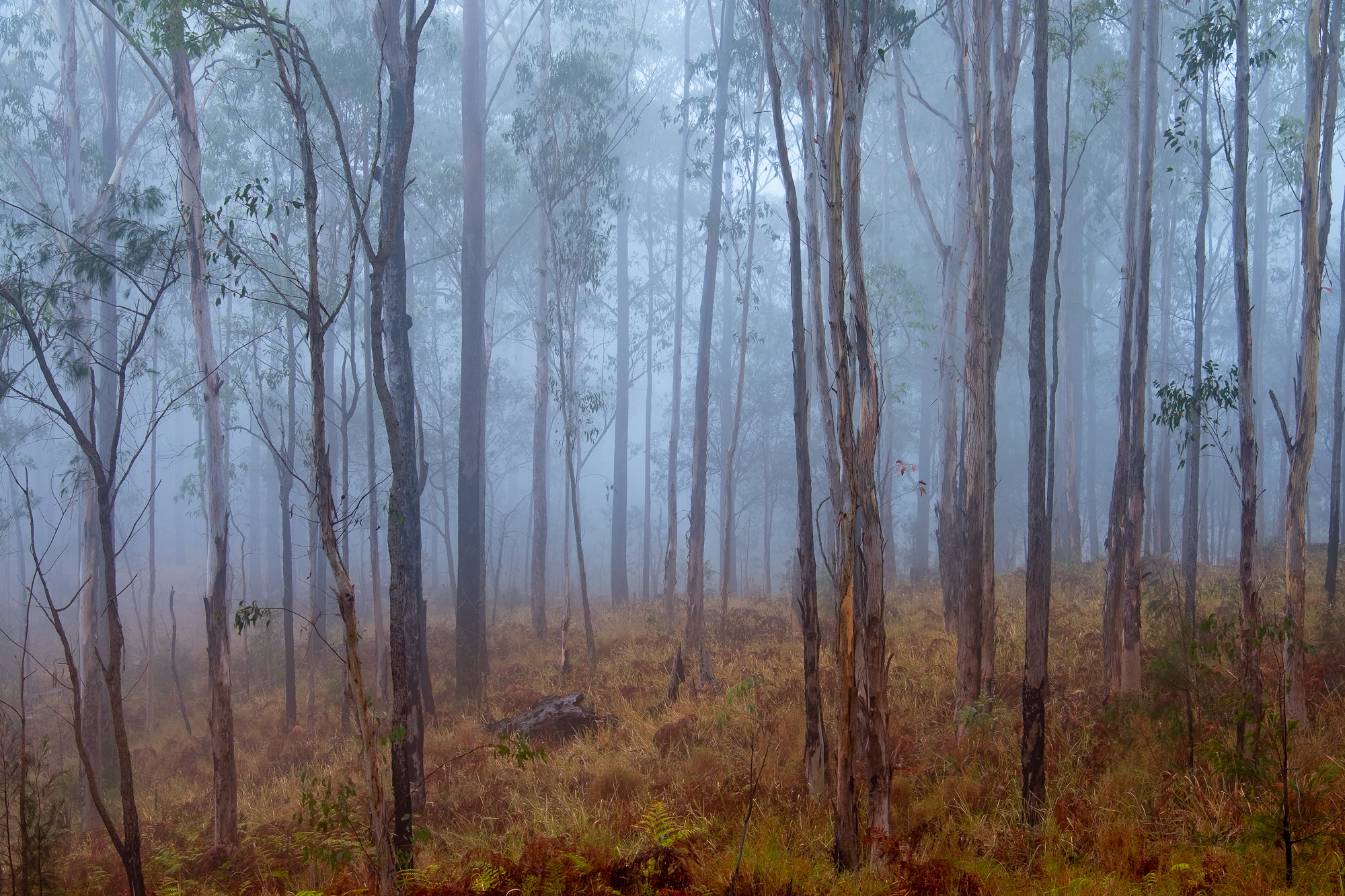Overview
The Unworlding Collaboratory is based at the University of Sydney and coordinated by Sophie Chao, Blanche Verlie, and Thom van Dooren. It draws in our current and past research students, postdocs, and collaborators.

Our Research
Grounded in the interdisciplinary environmental humanities, our research centres on places and patterns of unravelling in which human and nonhuman lives, ways of life, temporalities, landscapes, and ultimately worlds, are brought to an end: from extinction, extraction, and climate transformation, to ongoing processes of colonisation, militarisation, globalisation, heteropatriarchy, corporate occupation, and more.
As a necessary dimension of attending to endings, our work is also centrally engaged with processes of reworlding: diverse sites of multispecies resistance, recuperation, and recovery, both enduring and emergent. We are mindful that every ending is also a beginning, every unravelling is also a reravelling—the question is often how, for whom, to whose benefit, and at what cost?
But, our approach insists that processes of unworlding must not be ignored or rushed through; that there is an obligation not to turn away from the grief and mourning that often accompany process of change and loss; and that there is a profound importance and power to dwelling with processes of unravelling, destruction, and ending. It is only through an honest reckoning with what has been and will still be lost that we can build affirmative visions for the future.
While many of the processes of ending that we explore are tragic and violent, our research is also attuned to the fact that not all change is a loss, and that the ending of some worlds is necessary for other lives and possibilities to flourish. As such we also consider the many ways that multiscaled systems of violence and the worlds that enable them can be deliberately and actively brought to an end.
Across a variety of different contexts, our work is united by a common interest in the more-than-human dimensions of endings: the diverse agencies—human and nonhuman, living and nonliving—that are involved and at stake in these processes. It is also grounded in close attention to the situated entanglements of the material and the semiotic, and consequently to the simultaneously ethical, political, affective, ontological, and epistemological dimensions of world making and unmaking as multispecies praxes.
I call this era of man-made mass death a time of ‘double death’. It is made up of many small increments as well as great waves of devastation, and it impacts both on the balance between natality and mortality, and on the capacity of ecological systems to recover from devastating impacts. It is not that the whole biosphere is overtaken with death, but rather that death continues to pile up; renewal and resilience cannot keep pace.
Deborah Bird Rose
Shimmer: Flying-Fox Exuberance in Worlds of Peril
What we do
The Unworlding Collaboratory aims to create a supportive, intellectually enriching, environment that enables high quality research that makes a meaningful difference in the world.
The Collaboratory provides a home for a broad range of multidisciplinary environmental humanities research projects.
We run a variety of events, including seminars and public lectures.
We have a particular focus on creating an enriching environment for research students, including mentoring, networking and skills development.
We host short-term visitors to the University, enabling collaboration with our community of scholars.
The Unworlding Collaboratory is based at the
University of Sydney, Australia.
We acknowledge the traditional owners of the lands on which the University now stands, the Gadigal people of the Eora Nation. We pay our respects to elders, past, present and emerging and acknowledge that sovereignty was never ceded.
Image credits: Mist-erious by The Adventurous b3n (CC BY-NC 2.0); Artsy Oil by arbyreed (CC BY-NC-SA 2.0).
